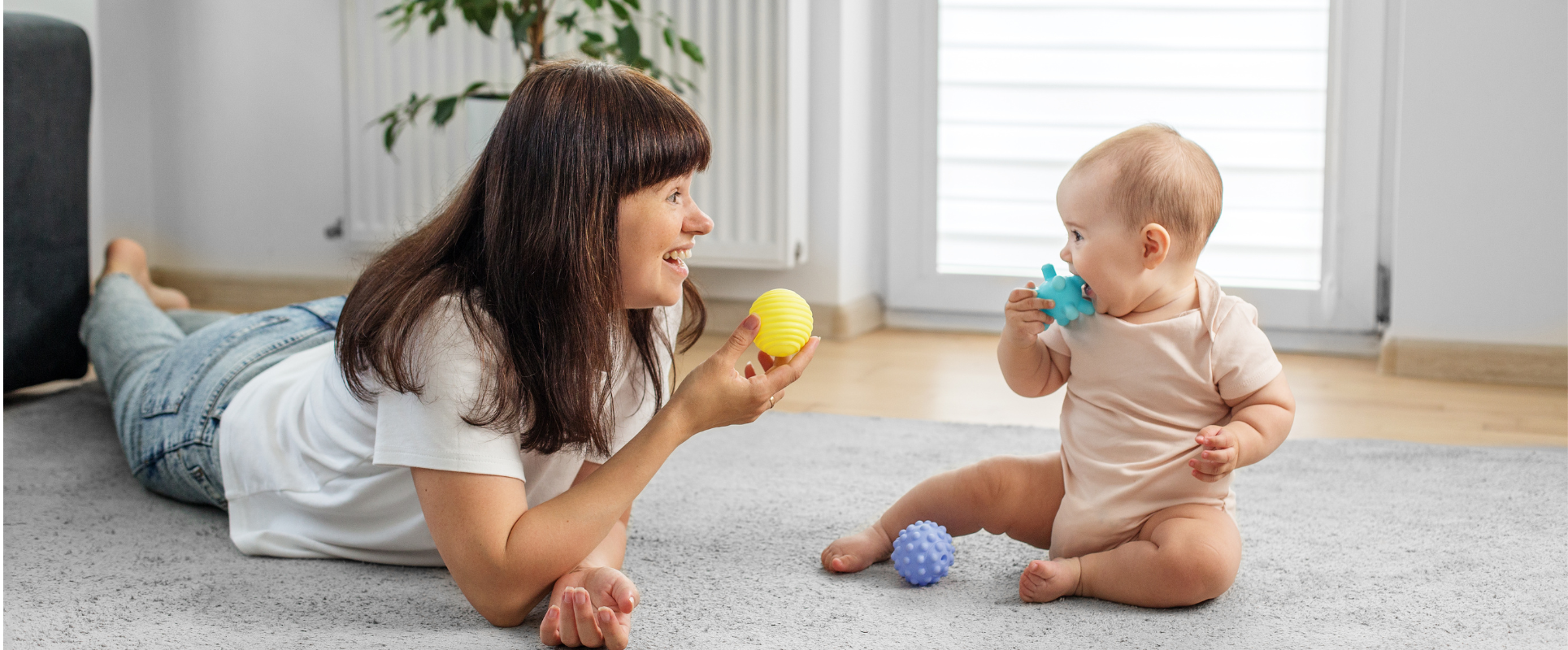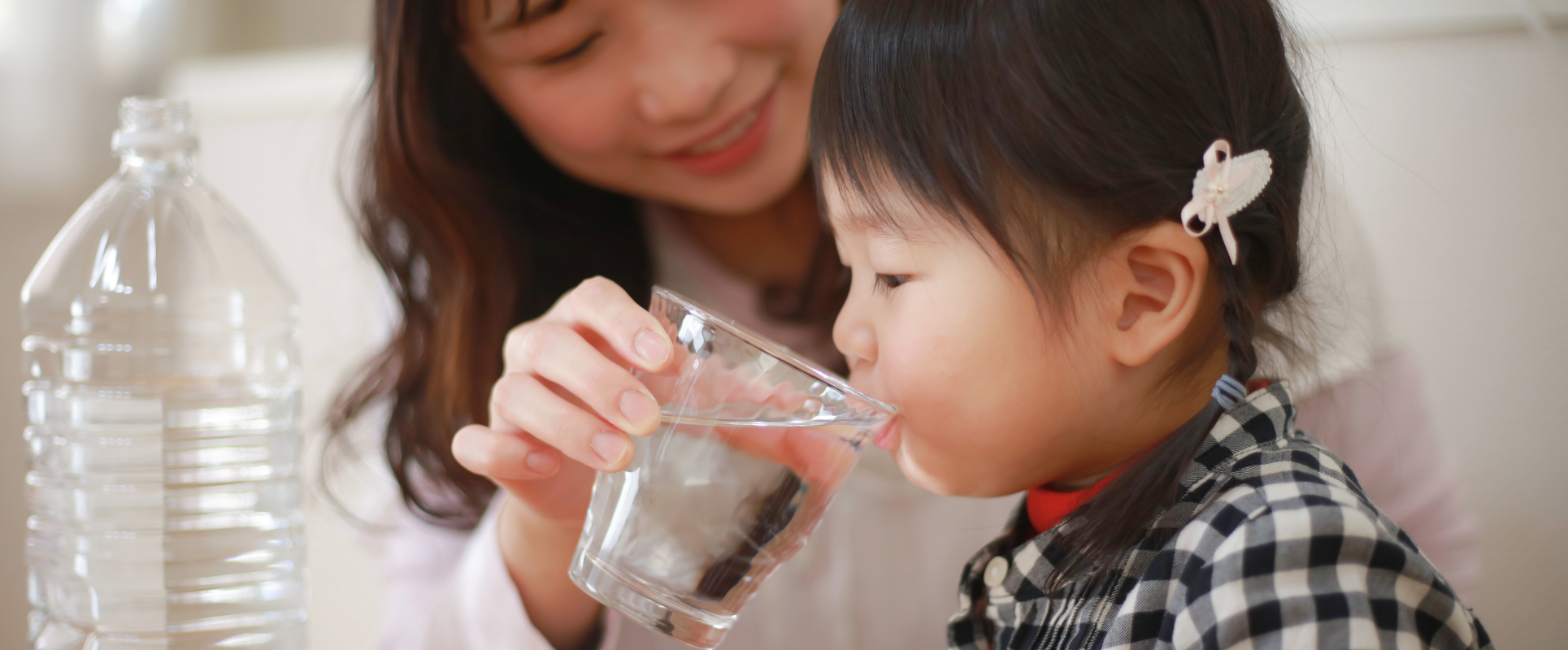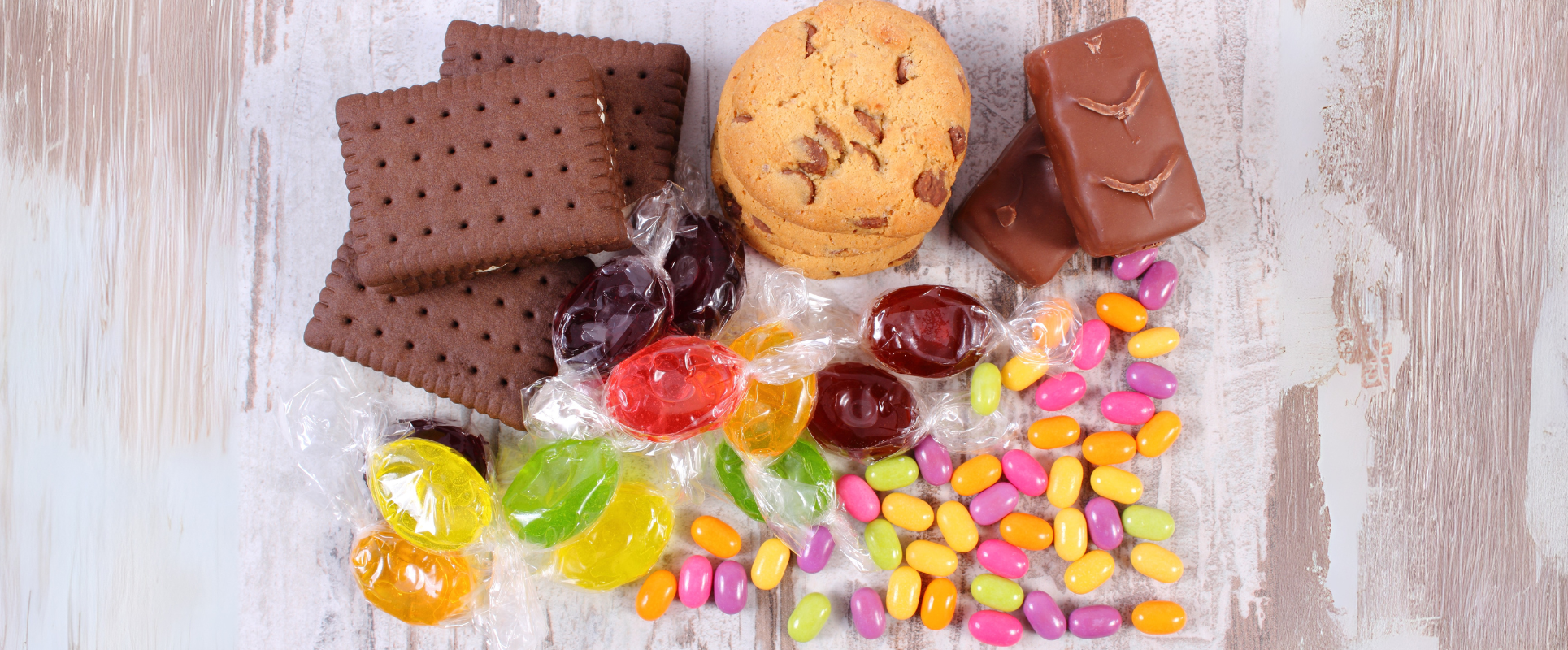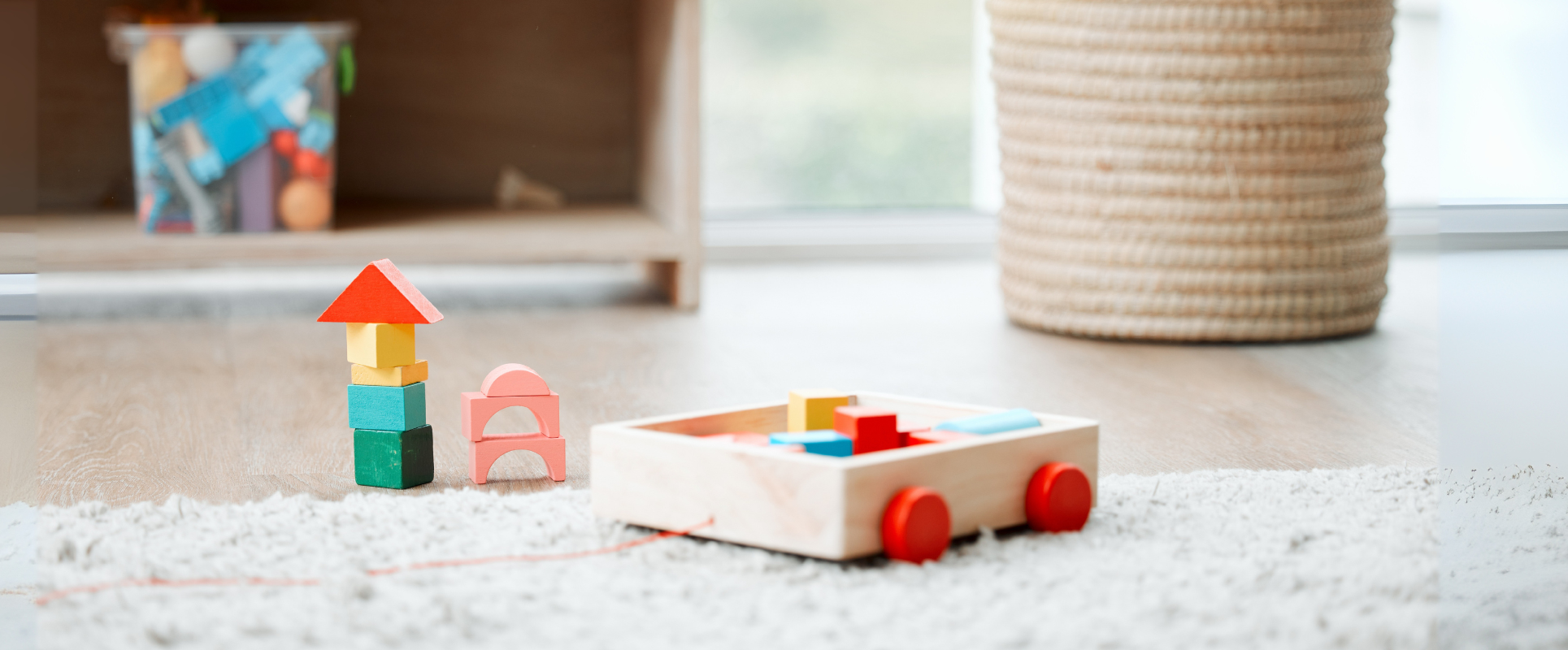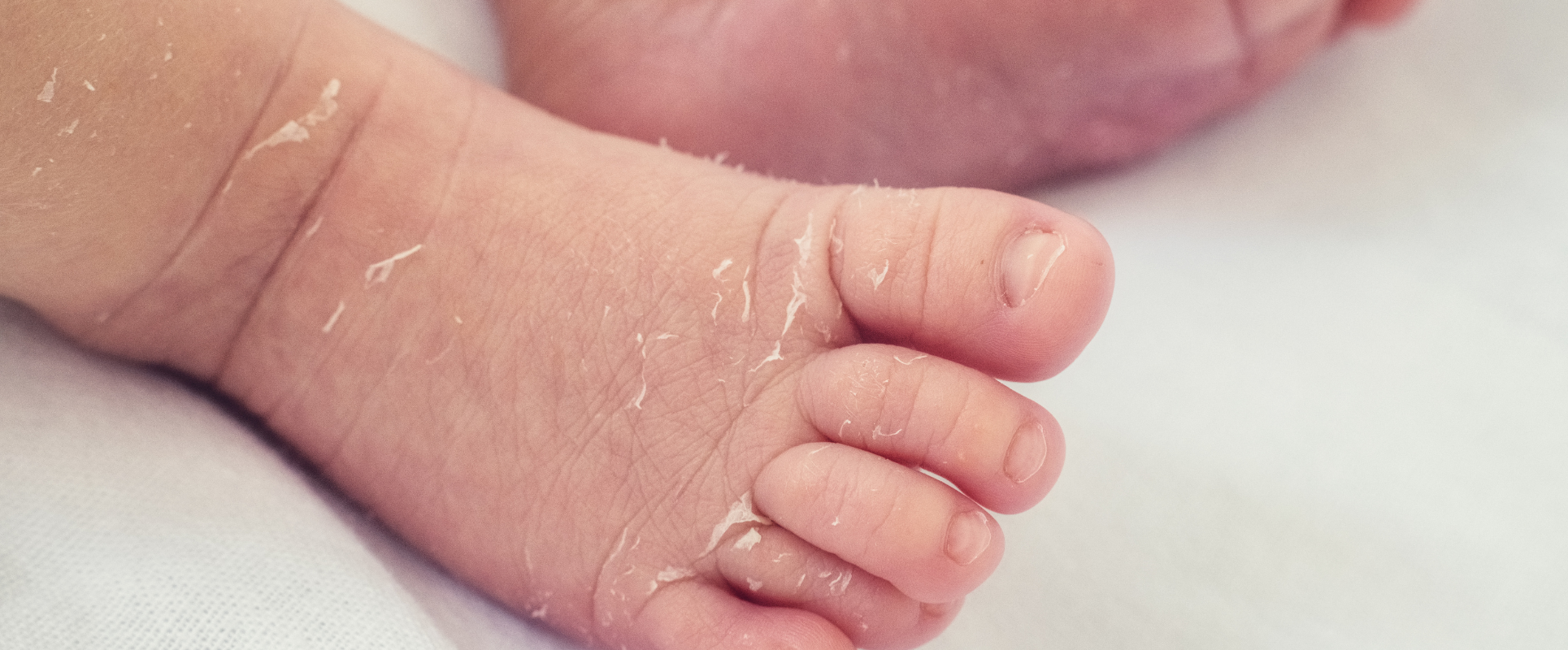
Dry Baby Skin: Causes, Common Mistakes & How to Moisturize Safely
Dry baby skin is a common concern, especially during dry, cold months or in newborns. A baby’s delicate skin needs proper care to prevent peeling, cracking and discomfort. But why is baby skin more prone to dryness? And what’s the right way to moisturize baby skin—from bath time to locking in moisture? Let’s explore in this guide.
Why Is Baby Skin Easily Dehydrated and Dry?
Newborn skin is very different from adult skin, making it more vulnerable to water loss and irritation:
-
Thin stratum corneum (outer skin layer): This protective barrier is not fully developed in babies. It’s more sensitive to environmental factors like dry air, wind, cold temperatures and harsh ingredients in skincare products.
-
Weaker skin barrier: Baby skin doesn’t produce enough natural lipids (fats) to retain moisture and fend off bacteria. This often results in dry, flaky baby skin or even redness and cracking.
-
Higher transepidermal water loss: Babies lose moisture through their skin faster than adults, especially when exposed to hot baths or when using unsuitable products.
Common Mistakes When Choosing Baby Body Wash
Using the wrong body wash is one of the leading causes of dry skin in babies. Common mistakes include:
-
Using soaps with harsh sulfates (SLS/SLES): These strip the skin of its natural oils, leading to dryness and irritation.
-
Choosing products with synthetic fragrances, alcohol, or artificial coloring: These ingredients are common irritants for sensitive baby skin.
-
Bathing too long or using hot water: Both remove natural moisture from the skin, making it even drier.
👉 Tip: Always choose a moisturizing baby body wash with natural, skin-friendly ingredients and no harmful additives.
How to Moisturize Baby Skin: From Bath to Moisture Lock
A simple but correct skincare routine can help keep your baby’s skin soft, smooth and healthy:
1. Short, warm baths
Keep bath time under 5–10 minutes. Avoid soaking your baby too long.
Use lukewarm water (around 37–38°C), not hot, to preserve natural skin moisture.
2. Use a gentle, moisturizing body wash
Look for natural ingredients that support hydration, such as:
-
Glycerin: A natural humectant that draws moisture to the skin.
-
Aloe vera: Soothes irritation, hydrates and has anti-inflammatory properties.
-
Panthenol (Vitamin B5): Strengthens the skin barrier and improves softness.
Choose a product with a balanced pH (around 5.5), soap-free and free of artificial fragrances.
3. Pat dry with a soft towel – no rubbing
After bathing, gently pat the skin dry using a soft cotton towel. Avoid rubbing, which can damage delicate skin.
4. Moisturize within 3 minutes after bathing
Apply lotion or baby moisturizer immediately after the bath—ideally within 3 minutes—to "lock in" moisture.
Opt for products with natural moisturizing ingredients, free from parabens, alcohol and mineral oils.
Looking for a safe, natural moisturizing body wash for your baby? Discover our gentle, SLS/SLES-free formula designed for newborns’ delicate skin.
👉 Explore now - Sanfte Pflege – Babys & Kinder Shampoo & Duschgel (500ml)
Final Thoughts
Dry baby skin is common but preventable. Understanding the causes and adopting the right skincare routine can make all the difference. Choosing the right moisturizing baby body wash and following a simple, science-backed moisturizing routine is key to maintaining your baby’s soft, healthy skin.
Sources:
https://pmc.ncbi.nlm.nih.gov/articles/PMC8828400/
https://www.healthline.com/health/glycerin-for-face

